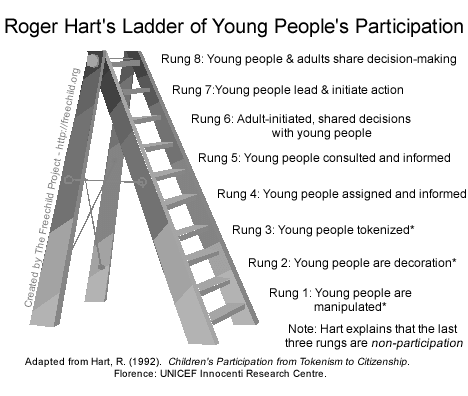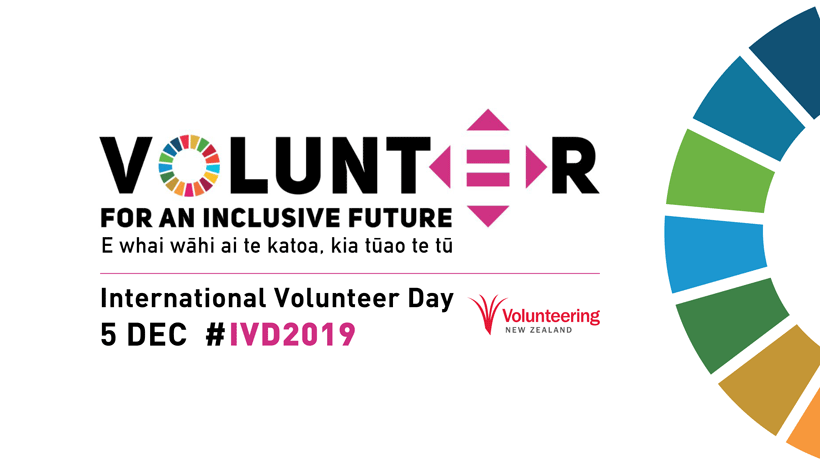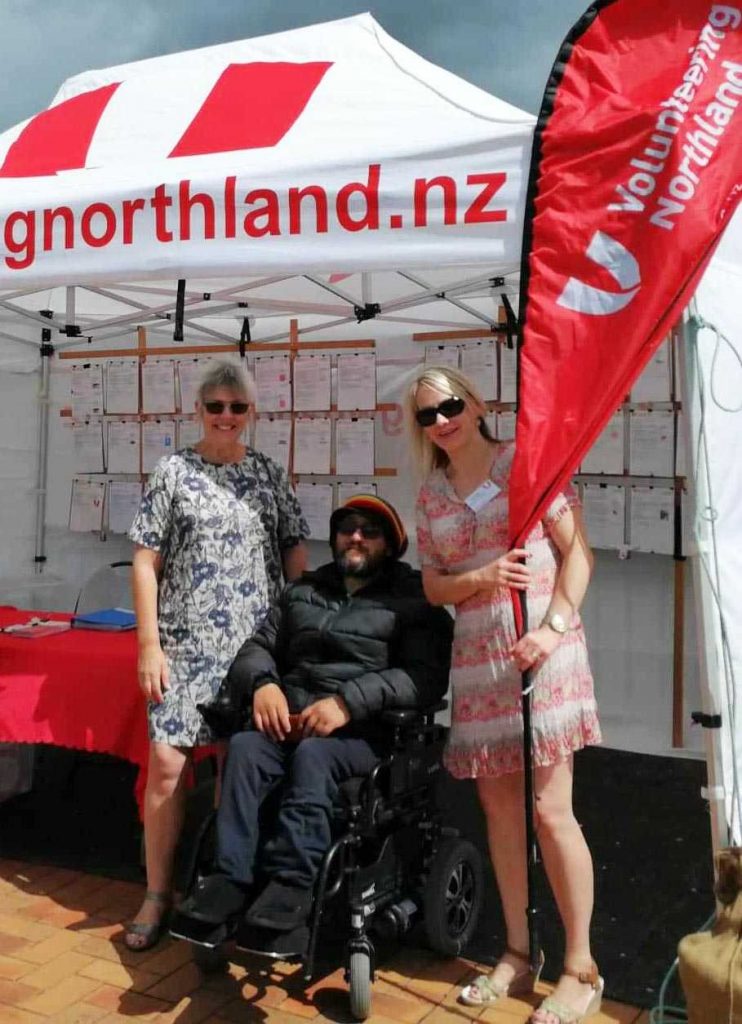A recent study with 25 young volunteers (aged 18-30) has found It can be tough to work within established organisations.
The study published in the Journal of Youth involved in-depth interviews of the experiences of volunteers for a large variety of organisations in Canterbury, Aotearoa. The emphasis on lived experiences of young volunteers counters the usual conversation of why young people don’t volunteer and how to encourage them.
Volunteers in the study said while they got a lot out of the experience, they gave a lot and weren’t always recognised, and even suffered negative effects.
The research findings have been framed as: ‘what they seek’ i.e. their engagement and empowerment via social connection and political voice; ‘what they give’ to organisations in terms of time, energy and financial contributions at the risk of burnout; and ‘what they fight’ within these established organisations, such as discrimination, tokenism and marginalisation.
The participants said volunteering was a means to ‘change stuff up’ by pursuing causes they were passionate about or facilitating change. They can gain knowledge and may find greater personal visibility and voice. Māori and Pacific volunteers said their presence helped increase visibility to demographics missing from organisations and some involvement in decision-making.
However, the workload for volunteering can be time-consuming and overwhelming for young people. Some felt their contributions weren’t always recognised or appreciated. They can incur financial costs, transport barriers, and time issues. Recurring police vetting for different organisations can be seen as time and energy consuming. The emotional toll of volunteering left some volunteers burnt-out or stressed.
Young people often don’t feel listened to in organisations. They can be discriminated against by race, gender or class. Many volunteers that were not Pākehā felt they were recruited to tick diversity boxes and that it felt like a form of tokenism. There was also pressure for them to be advocates of their culture within the organisation.
The study concluded that youth volunteering is a ‘conflicted participatory space to navigate’. It highlights the many ways leaders of volunteering organisations can improve the youth volunteering experience.
See more research about Young People and Volunteering.





About The Author: Margaret McLachlan
More posts by Margaret McLachlan